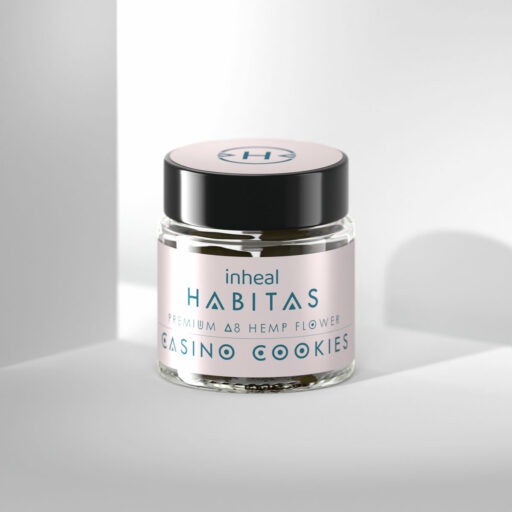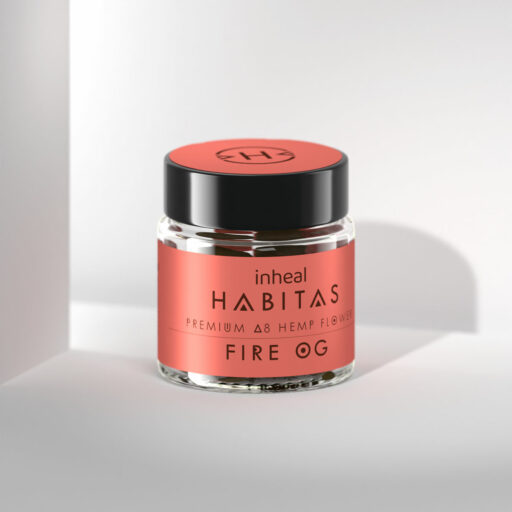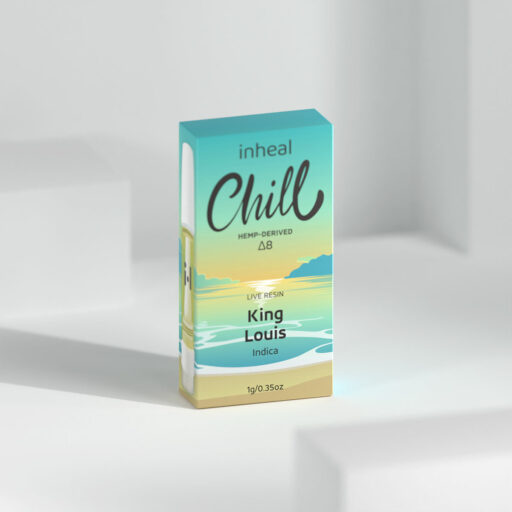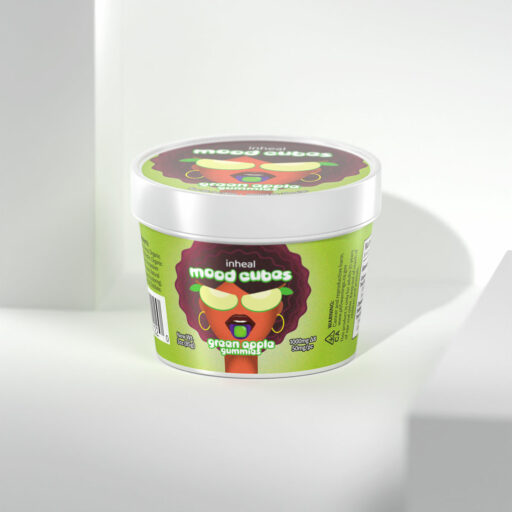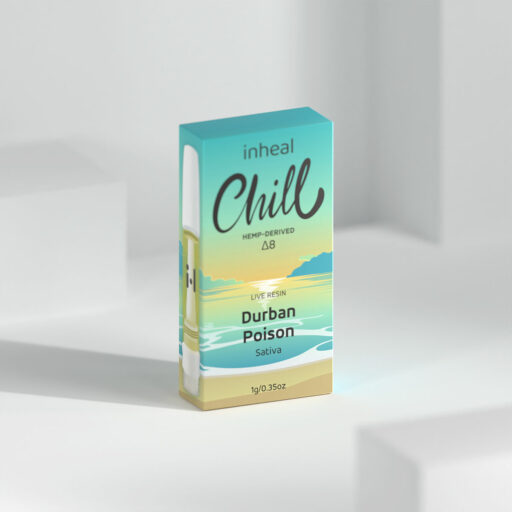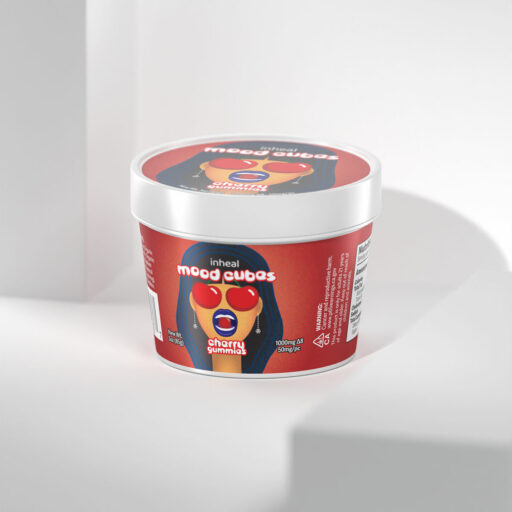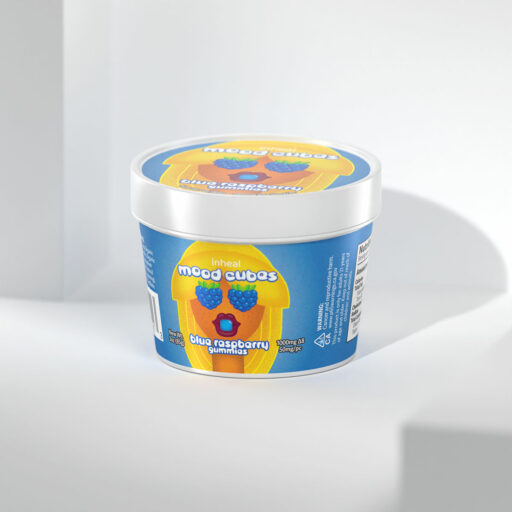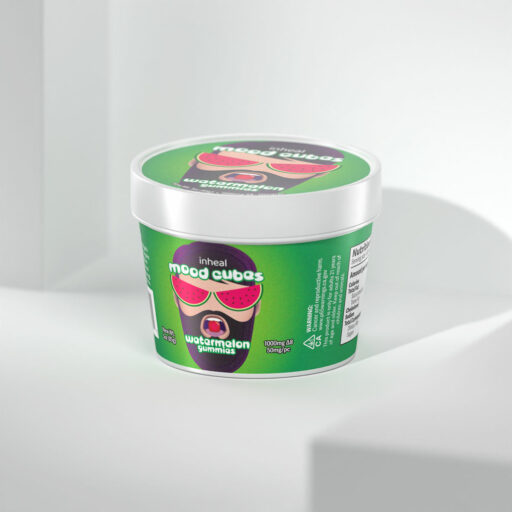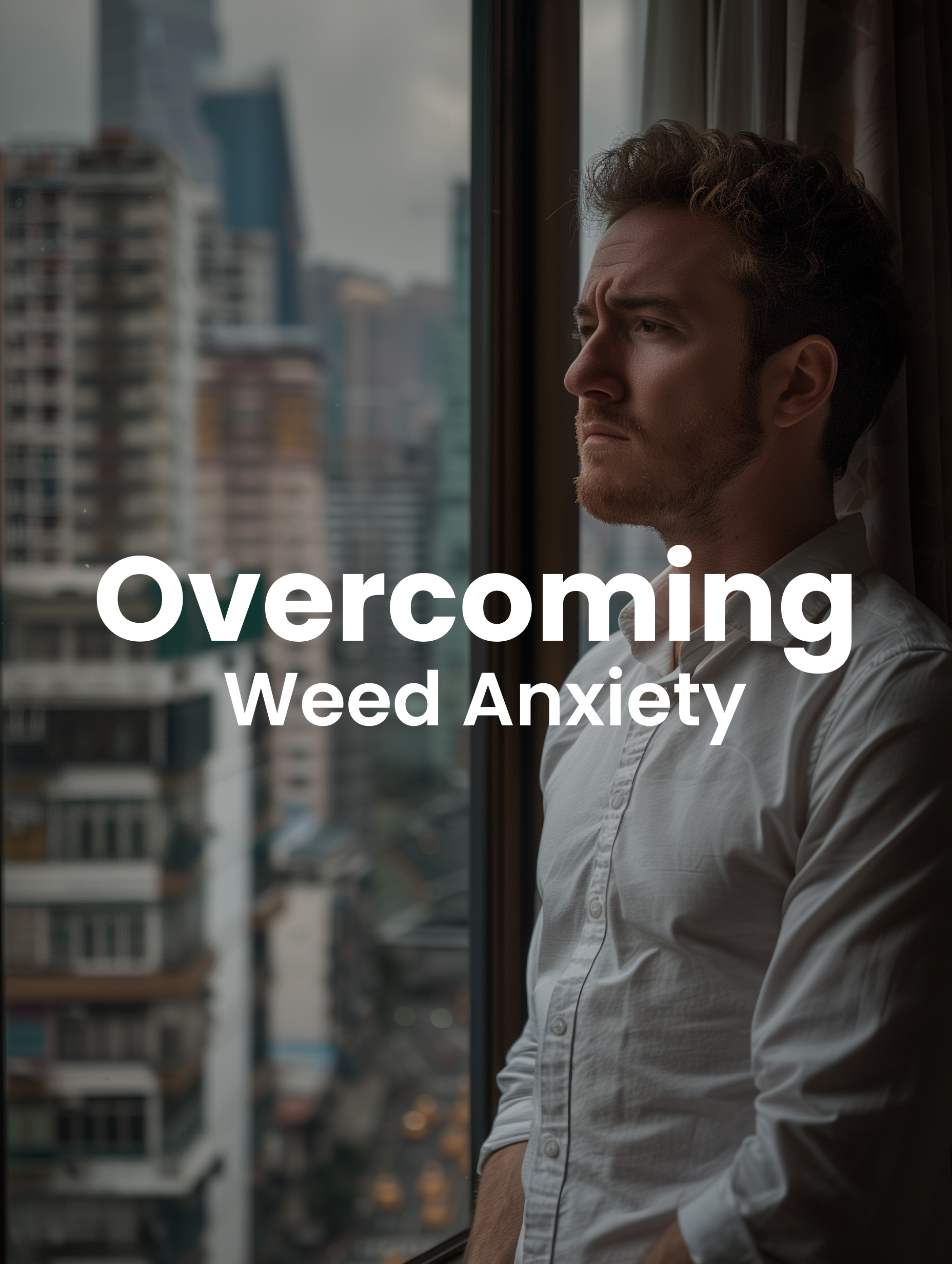Discover the Best Terpenes for Sleep and Relaxation
Getting enough high-quality sleep is crucial for health and wellbeing. However, many people struggle to fall asleep and stay asleep throughout the night. If you’re one of them, using certain terpenes may help promote more restful sleep.
If you struggle with a sleep problem like insomnia, using terpenes may help improve sleep. Certain terpenes may offer natural sleep aid benefits without the risks of medications.
Terpenes are aromatic compounds found naturally in many plants, including cannabis. Different terpenes have different effects and benefits. By choosing strains and products containing specific terpenes, you can target certain needs – like better sleep.
This article will explore the science behind terpenes and sleep while reviewing the top terpenes to consider if you want to make the most of your bedtime. Mixing and matching terpenes can help you create custom blends tailored to your needs.

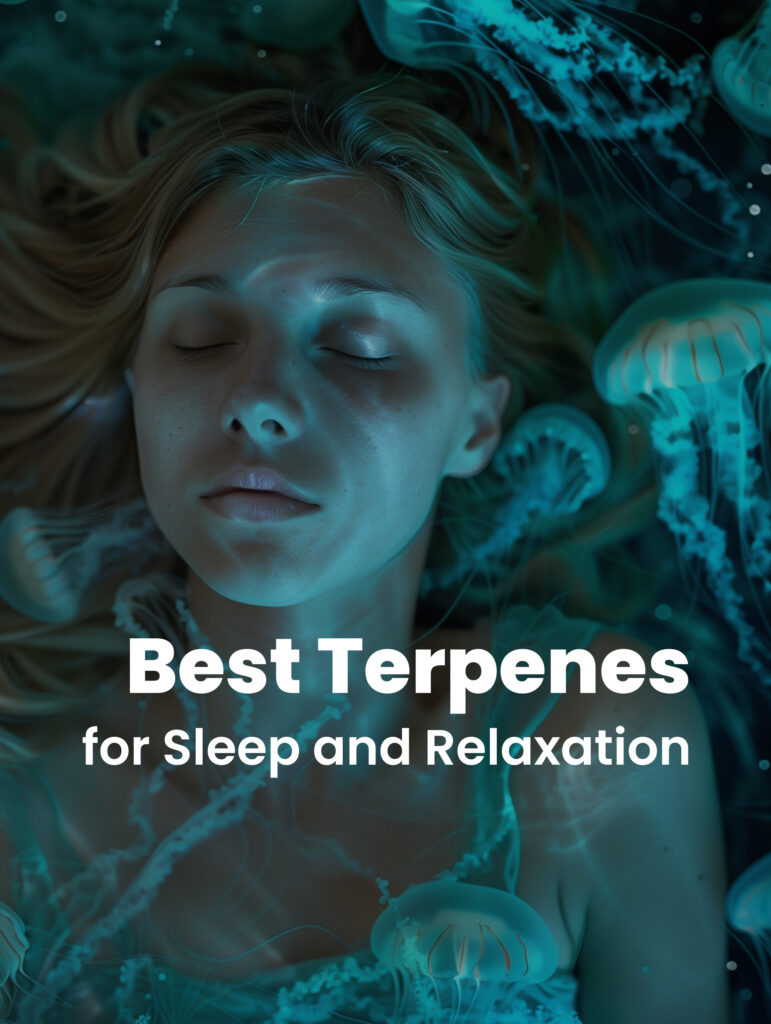
Key Takeaways
- Terpenes are aromatic compounds found in plants like cannabis that have different therapeutic effects.
- Certain terpenes can promote relaxation and sleep by reducing anxiety, lowering blood pressure, regulating sleep cycles, and soothing pain.
- Top terpenes for better sleep include myrcene, linalool, nerolidol, terpineol, and limonene.
- Myrcene has sedative effects and is abundant in strains like Granddaddy Purple and White Widow.
- Linalool in lavender reduces stress and increases sleep-promoting neurotransmitters.
- Nerolidol is a potent sedative also found in citrus peels and tea tree oil.
- Terpineol has anxiety-reducing qualities and occurs in lilacs and pine.
- Limonene can provide calmness in higher doses at night, especially combined with other terps.
- Using a blend of terpenes together enhances the entourage effect.
- Take energizing terpenes earlier in the day and up the sedative ones closer to bedtime.
- Check purity of oils and quality of cannabis sources. Start with low doses.
- Consider terpene concentrates, essential oil diffusers, topicals, sprays, and edibles.
- Leveraging terpenes’ calming properties can promote better sleep naturally.
Why Terpenes Matter for Sleep
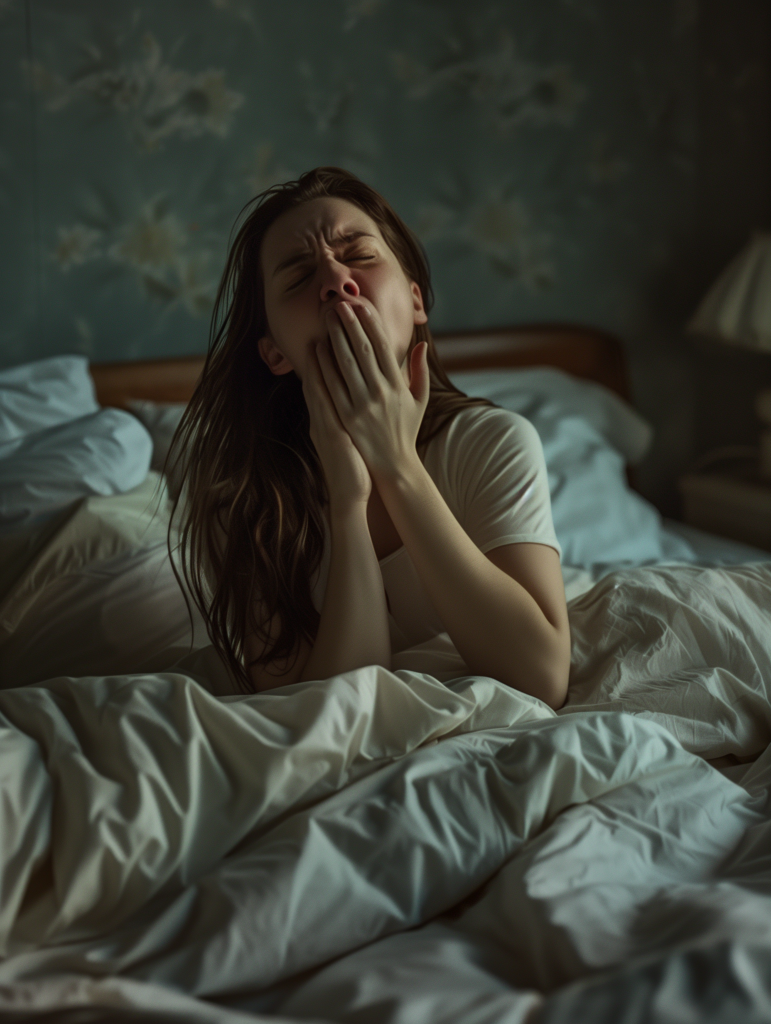
What Are Terpenes?
Terpenes give plants their distinct scents. For example, the tangy, piney aroma of evergreens comes from terpenes. Cannabis contains over 100 different terpenes.
How Terpenes Influence Sleep
When terpenes interact with other plant compounds, it creates an “entourage effect” that enhances therapeutic benefits. Certain terpenes can help regulate sleep patterns and encourage more restorative rapid eye movement REM sleep. The right terpene blend can help reset healthy sleep patterns so you fall asleep and wake up more easily. Terpenes influence brain activity related to sleep, anxiety, pain perception, and more.
Additionally, some terpenes can help soothe chronic pain and muscle tension, allowing your body to fully relax into sleep.
Why Quality Sleep Matters
Poor sleep negatively impacts every aspect of health, from immune function to mental health, so improving sleep quality is essential. Quality sleep is extremely important for overall health, as poor sleep is linked to higher risk of heart disease, diabetes, and more. Older adults often experience difficulty getting good sleep, so terpenes could be a useful sleep aid option.
Sleep deprivation impairs cognition, emotional health, metabolism, and immunity, so getting enough quality sleep is critical.
How Terpenes Work
Your body actually produces its own “endocannabinoid” compounds that bind to receptors in the brain and nervous system. Plant-derived cannabinoids like CBD interact with this system. Research shows terpenes also modulate endocannabinoid receptors and affect mood, pain, inflammation, and other processes.
While more research is still needed, scientists think terpenes may potentially:
- Relax the brain and promote tranquility
- Alleviate anxiety, sadness, and stress
- Regulate sleep/wake cycles and boost REM sleep
- Soothe pain and reduce muscle tension
- Have antimicrobial and anti-inflammatory properties
Let’s explore some of the best terpenes for improving sleep quality.
Top Terpenes for Sleep and Relaxation

Here are the most calming, sedative terpenes to look for if you want to sleep better:
Myrcene
Myrcene is usually one of the most abundant terpenes found in cannabis, making up 20-65% of total terpene profile in many strains. It has a musky, earthy, herbal aroma. In addition to cannabis, it’s present in mangoes, hops, lemongrass, and basil. The myrcene terpene helps induce a sense of relaxation that makes you feel sleepy.
Studies suggest myrcene may help sleep by interacting with cell receptors involved in sleep-wake regulation. It seems to have sedative effects. If you need help falling asleep, choose cannabis strains or products containing significant myrcene. Nerolidol seems to regulate receptors involved in REM and other stages of sleep.
Strains particularly high in myrcene include Granddaddy Purple, White Widow, and Blue Dream. If using essential oils, try blending myrcene-rich oils like hops, lemongrass, or basil.
Linalool
Linalool can help you fall asleep faster at night and achieve deeper sleep. Linalool is found in over 200 plants including lavender, citrus, birch trees, and coriander. Known for its floral, sometimes spicy scent, linalool relaxes the nervous system and reduces anxiety, stress, and depression. Of all terpenes, linalool appears most effective for sleep.
Research shows linalool increases adenosine, a neurotransmitter that helps trigger sleep while lowering blood pressure and body temperature. Inhaling linalool essential oil also appears to promote deeper, better quality rest according to EEG scans. Reach for it in lavender or bergamot blends.
Nerolidol
With a fresh, subtle woody, citrusy scent, nerolidol occurs naturally in neroli, ginger, citrus peels, and tea tree oil. It offers potent sedative, anxiolytic effects to promote falling asleep faster and staying asleep. It seems to activate receptors associated with sleep-wake cycles and REM sleep.
Nerolidol has strong antioxidant and anti-inflammatory properties as well. Some strains with significant nerolidol include Strawberry Cough, Jack Herer, and Skywalker OG. For essential oils, consider a blend with neroli, orange, or lemongrass.
Terpineol
Terpineol mixes floral, pine, citrus, and herbal notes. You can find it in lilacs, pine, and eucalyptus as well as cannabis, sage, and thyme. It relaxes muscles, reduces stress, and helps overcome insomnia due to its calming qualities. Terpineol promotes relaxation which leads to longer periods of restorative REM sleep.
Research also shows terpineol has anxiolytic effects by supporting GABA activity in the brain, similar to sedatives. Try strains like Jack Herer, OG Kush, and Girl Scout Cookies or essential oils like petitgrain, cajeput, or marjoram.
Limonene
While often touted as an energizing terpene, limonene’s citrusy aroma can also promote calmness and stress relief before bed – especially when combined with myrcene or linalool. Limonene occurs in rosemary, juniper, peppermint, and citrus peels.
Studies suggest limonene has anxiolytic and antidepressant effects. It may also enhance serotonin activity which regulates sleep and wakefulness. Enjoy its bright, uplifting scent at lower doses during the day, and higher doses in the evening for rest.
Good nighttime choices include White Fire OG, Jack Herer, Super Lemon Haze, or a sweet orange essential oil blend.
Tips for Using Terpenes for Better Sleep

Ready to harness terpenes’ soothing, sedative potential? Here are some tips:
- Use a blend: Pairing terpenes can maximize benefits through the entourage effect. Try myrcene, linalool, and limonene or nerolidol, terpineol, and myrcene.
- Consider your timing: Take energizing terpenes like limonene in smaller amounts during daytime, and up the sedative terpenes like myrcene or linalool close to bedtime.
- Check the source: For essential oils, ensure you get 100% pure, organic, high-quality oils without adulterants or synthetics. For cannabis, look for high terpene full spectrum extracts like live resin or sauce cartridges, or dried flower listing terpene profiles.
- Find your dosage: Start with low doses of new terpenes and increase slowly to find the sweet spot. Consider microdosing tinctures, dry herb vaporization, or terpene inhalers for sleep.
- Talk to an expert: Consult your doctornight before using new therapies, especially if you take medication or have health conditions, to prevent risks.
- Practice good sleep hygiene: Terpenes can complement other healthy sleep habits like limiting screen time before bed, keeping your room cool and dark, using white noise, etc. to optimize your environment.
While individual results vary, using terpenes strategically offers promising natural potential to improve sleep quality without the side effects or dependency risks of pharmaceuticals. Avoid alcohol close to bedtime, as it can negatively impact cycles later in the sleeping at night. Combine terpenes with other good sleep hygiene habits like optimizing your sleep environment.
Pay attention to your body’s response and make adjustments until you find your ideal terpene regimen.
Other Ways to Use Terpenes
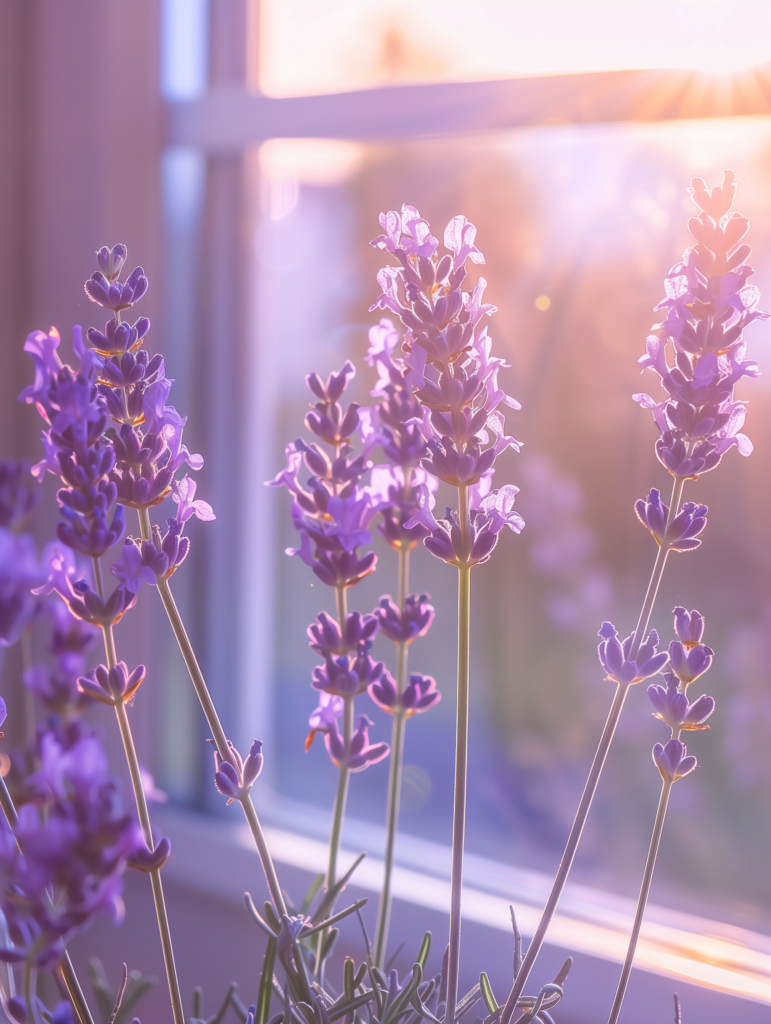
In addition to choosing certain strains and products based on their terpene content, here are some other ways to leverage terpenes for sleep and whole plant benefits:
Terpene concentrates provide undiluted terpene isolates to add to your existing CBD, THC, or CBG oil. This lets you customize with exact terpene levels.
Essential oil diffusers are great for dispersing terpenes like lavender, bergamot, pine, or eucalyptus into your home or bedroom air. Most act via inhalation.
Topical creams or balms allow you to apply terpenes locally. Rubbing tense muscles with a myrcene, limonene, or linalool cream may offer relaxing pain relief before bed.
Terpene sprays make it easy to get inhaled terpenes in measured microdoses using a nasal spray. Peppermint, neroli, limonene, and other terpenes come in spray bottles.
Terpene edibles like chocolates, honey, or capsules provide oral terpene doses. This delivers longer lasting effects compared to inhalation methods.
Final thoughts
If you want to upgrade your nighttime routine for deeper, more restorative sleep, leveraging natural terpenes is worth exploring. Targeting calming, sedating terpenes like myrcene, linalool, limonene, nerolidol, and terpineol can help reduce anxiety and muscle tension so you fall asleep faster.
Combining terpenes creates synergistic effects. Try essential oil diffusers, topicals, edibles, terpene isolates, or microdosed sprays and inhale the aroma about 30 minutes before bedtime. While individual results vary, using terpenes as part of good sleep hygiene offers natural therapeutic potential. We are very glad if you found this guide to sleep terpenes useful!
Frequently Asked Questions
What's the best delivery method for using terpenes to improve sleep?
Inhalation methods like essential oil diffusers or terpene sprays allow terpenes to work quickly. Edibles and topicals provide longer-lasting effects. Choose based on your needs and preferences.
How long before bed should I take terpenes?
For inhalation like diffusers, start 30-60 minutes before bed. Edibles and topicals can be taken 1-2 hours before bedtime. Give terpenes enough time to take effect before you sleep.
Are terpenes safe? What about side effects?
Terpenes are generally considered safe, but you should always discuss using new supplements with your doctor, especially if you take medications or have health conditions. Start with small doses and increase gradually.
Can I build up a tolerance to terpenes?
It’s possible over time, which is why staying consistent with your dosing matters. Avoid increasing your dosage too quickly. Microdosing can help prevent tolerance buildup.
How do I find quality terpene products?
Check labels for independent testing and purity. For essential oils, ensure they are 100% pure plant extracts. Reputable brands will provide test results upon request.
The statements on this blog are not intended to diagnose, cure, treat or prevent any disease. FDA has not evaluated statements contained within the blog. Information on this website or in any materials or communications from Inheal is for educational/informational purposes only and is not a substitute for medical advice, diagnosis, or treatment. Please consult your healthcare provider before making any healthcare decisions, correct dosage or for guidance about a specific medical condition.

A connoisseur of cannabis creativity and true contemplation with more than 20 years of experience, Chris extracts deep thoughts from getting lightly baked and shares his wandering mind. He blends cuisine and cannabis culture into nutritious, delicious recipes and insights for other hemp lovers.
Related Posts

Guide to Microdosing HHC for Focus, Creativity, and Wellness

Microdosing Revolution: The Secret Behind Microdose Delta 8 THC

Amanita Muscaria Microdosing: Find Out How to Maximize Benefits & Minimize Risks

How to Overcome Weed Anxiety and Paranoia

Best Stoner Snacks to Satisfy Your Munchies

What do While High? Best Activities to Enhance Your Experience

Delta 8 vs Delta 9: Which One Truly Reigns Supreme?

Seed Junky Genetics’ Pineapple Fruz Strain: A Flower with a Twist

THCA and Creativity: Inspiring Artists Musicians and Writers
All Posts


